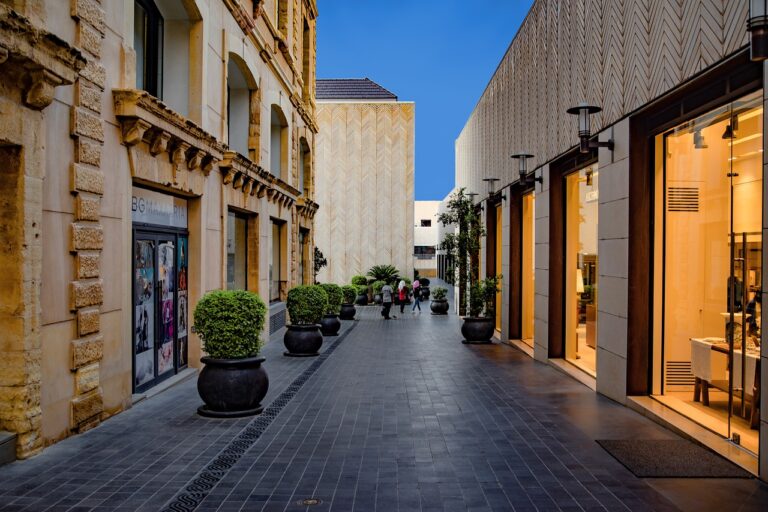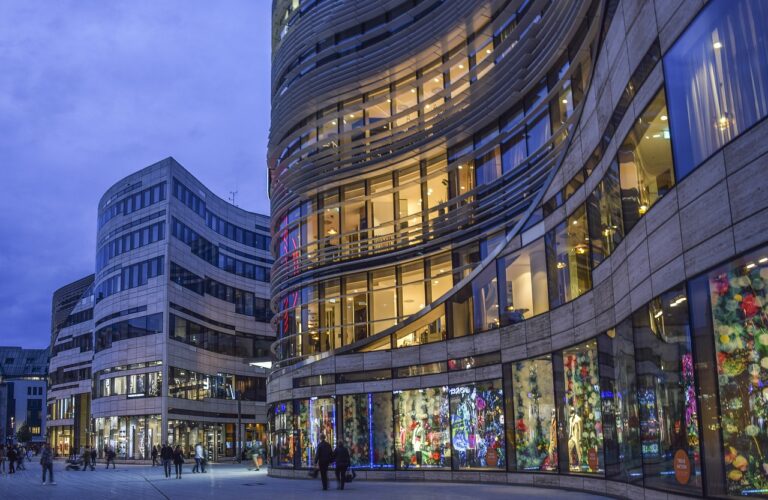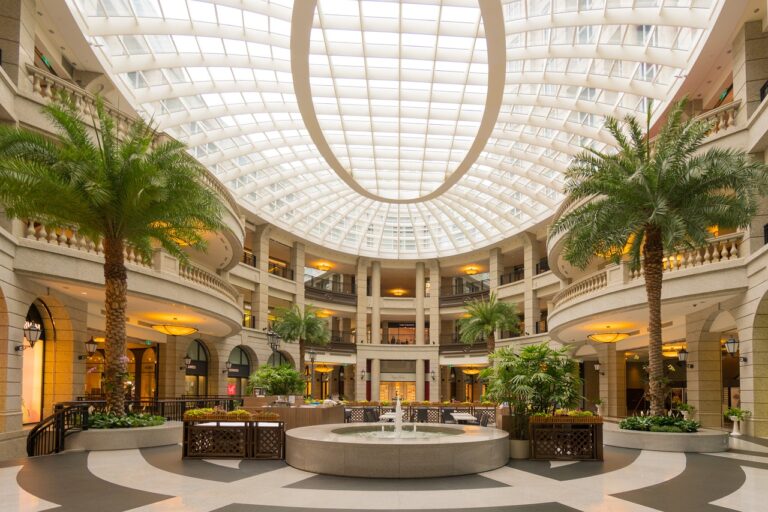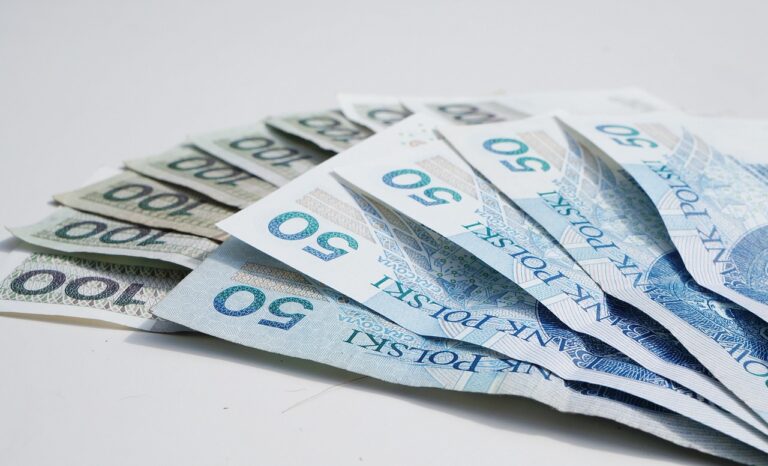Ethical Fashion: Trends and Brands Making a Difference
Sustainable fashion is rapidly gaining traction in the mainstream fashion industry. Consumers are increasingly becoming aware of the environmental impact of fast fashion and are actively seeking out brands that prioritize sustainability practices. This shift in consumer behavior has led to an increase in demand for clothing that is ethically produced and environmentally friendly.
One of the prominent trends in sustainable fashion is the rise of second-hand and vintage clothing. Thrifting and upcycling have become popular ways for fashion enthusiasts to create unique looks while reducing their carbon footprint. This trend not only promotes sustainability but also adds a touch of individuality to one’s wardrobe.
Why Ethical Fashion Matters
Ethical fashion matters now more than ever as consumers become increasingly aware of the environmental and social impact of the clothing industry. With growing concerns over issues like fair labor practices, worker exploitation, and the environmental cost of fast fashion, consumers are seeking out brands that prioritize ethical production methods. The shift towards ethical fashion signifies a collective desire for a more sustainable and responsible approach to clothing consumption.
By supporting ethical fashion brands, consumers can help drive positive change within the industry. These brands often prioritize transparency in their supply chain, ensuring that workers are treated fairly and environmental sustainability practices are implemented. Choosing ethical fashion means supporting a more equitable and environmentally conscious future for the fashion industry, ultimately empowering consumers to make more informed and ethical purchasing decisions.
• Ethical fashion addresses concerns about fair labor practices and worker exploitation
• Consumers are seeking out brands that prioritize ethical production methods
• The shift towards ethical fashion signifies a desire for sustainable clothing consumption
• Supporting ethical fashion brands drives positive change within the industry
• These brands prioritize transparency in their supply chain to ensure fair treatment of workers
Innovative Materials in Eco-Friendly Fashion
Eco-friendly fashion is continuously evolving as designers explore innovative materials to reduce the environmental impact of the industry. One of the breakthrough materials making waves in sustainable fashion is pineapple leather, also known as Piñatex. This versatile material is made from pineapple leaf fibers, a byproduct of the pineapple industry that would otherwise go to waste.
Another exciting material gaining popularity in eco-friendly fashion is mushroom leather, or Mycelium. This renewable material is derived from the root system of mushrooms and can be grown in a matter of weeks. It offers a cruelty-free alternative to traditional leather and has a minimal environmental footprint, making it a top choice for conscious fashion brands looking to create sustainable and stylish pieces.
What are some current trends in sustainable fashion?
Some current trends in sustainable fashion include using recycled materials, upcycling old clothing, and opting for organic and eco-friendly fabrics.
Why is ethical fashion important?
Ethical fashion is important because it promotes fair labor practices, reduces environmental impact, and supports the well-being of both people and the planet.
What are some innovative materials used in eco-friendly fashion?
Some innovative materials used in eco-friendly fashion include Tencel, made from sustainably sourced wood pulp, Piñatex, made from pineapple leaf fiber, and Econyl, made from recycled nylon.







